RGB lighting has gone beyond its limits to become an art that mixes beauty with usefulness. Now, it’s not just about lighting up a space. It’s about setting a vibe and making it memorable. Picture yourself in your living room, watching a movie, as the lights subtly match the mood. Picture your gaming setup or business ambiance instantly changing to match the situation and mood.
Don’t just light up a room—bring it to life. Transform your spaces and create a memorable experience using the subtle art of RGB lighting.
Demystifying RGB: The Basics
What Does RGB Stand For?
RGB is an acronym representing the primary colors of light: Red, Green, and Blue. These are the cornerstones of this innovative lighting technology. But it’s not just about the colors themselves; it’s about what you can achieve with them. RGB lighting is based on three colors. These colors can create many shades and transform any space.
How Does RGB Color Mixing Work?
At the heart of RGB lighting is an additive color system. In layman’s terms, this means the colors are layered on top of one another to create new shades. Each color acts as its own light source. When you blend red and blue, for instance, you get magenta. Bring in green, and you’ll be able to create dazzling yellows and calming aquas. If you mix red, blue, and green, you’ll create white light, just like natural light. RGB lighting is incredibly versatile. It can mimic daylight for a photography studio or create a warm, romantic mood.
Classic RGB vs RGBW vs RGBWW
RGB lighting has changed over time to include different variations for specific purposes.
Classic RGB: This is the original form and consists of three diodes—one each for red, green, and blue—on a single chip. While it can mimic white light, it often comes off as less pure, sometimes showing faint color traces.
In this version, we add a separate white diode that is distinct from the RGB chip. Using it may cause uneven color in big areas, but it gives real white light.
RGBW: Here, you get the best of both worlds. Four diodes—red, green, blue, and white—are integrated into a single chip. The wide range of colors and balanced white light can enhance any space with quality.
If you want the perfect RGB lighting, understand the variations and think about what you want.
Types of RGB Lighting Systems
RGB LED Strip Lights
Picture transforming the mood of a room with the swipe of a finger. RGB LED strip lights are flexible strips of LEDs that you can control with your smartphone. They have different colors and stick easily to surfaces. You can use these LED strips to add vibrant colors to your home theater screen or kitchen cabinets. They are also very easy to install. You can take the vibrant aura outdoors to your patio or poolside with IP-rated options.
Traditional RGB Light Bulbs vs LED Pods
Traditional RGB light bulbs and LED pods each have unique benefits and ideal uses. They are both versatile. RGB bulbs are commonly used for ambient lighting in homes. They offer a wide range of colors to create the perfect atmosphere. LED pods are the best for useful things like lighting under cabinets or in cars. Compact, robust, and they give directed light, so they’re perfect for specialized purposes.
RGB Spotlights and Floodlights
If you want to illuminate big areas, such as a yard, venue, or stage, use RGB spotlights and floodlights. These are high-intensity lighting solutions designed to focus light in a specific direction. Spotlights are excellent for accenting features like statues or trees. Floodlights are different. They can make a big area bright. This makes them good for businesses or events. Some models have remote control features. You can change colors or patterns without stopping.
Navigating Your RGB Choices
Top Factors to Consider When Purchasing RGB Lights
Choosing the right RGB lighting is not just about looks; it’s about quality and efficiency too. While budget matters, compromising on quality can lead to decreased performance and frequent replacements. Consider important factors like build quality, energy efficiency, lighting type, and warranty. Trusted brands cost more at first but have good warranties and customer service. This can ultimately save you money and prevent any unnecessary stress.
Brightness, Wattage, and Control Systems
The modern RGB lighting landscape has come a long way from basic on/off switches. With the advent of digital control systems, customization is now an intrinsic feature. You can easily control your RGB setup with an app, remote control, or voice-activated systems. You can do more than just turn lights on and off. You can adjust the brightness, change colors, and create custom light patterns. Make sure your current smart home systems work well with your RGB lighting setup.
Practical Applications of RGB Lighting
Home Environments
Turn your home into a sanctuary of mood and ambiance with the proper RGB lighting. Imagine a cozy, gentle light enhancing a romantic dinner in your dining area. Or picture a lively, bright color enhancing your movie night in the living room. But it’s not just about aesthetics. Proper RGB lighting can also make tasks easier. To improve concentration and productivity in your home office, use brighter, cooler shades. In your kitchen, brighten the workspace for better meal preparation visibility. Your choices can make a world of difference.
Gaming and Creative Setups
RGB lighting is the unsung hero of immersive gaming and creative spaces. The proper setup can sync with your in-game action, intensifying the experience. Artists and content creators benefit too. They use RGB lights to enhance video quality and create vivid photography backgrounds. You can easily change your environment for different activities with customizable presets. It works for fast-paced shooter games or calming drawing sessions.
Commercial and Business Applications
RGB lighting helps businesses by improving brand recognition and increasing productivity. Picture a store where the lights change color to match the theme or promotions. The office has lights that can change to match when employees are awake or asleep. This helps them concentrate better and prevents eye tiredness. The opportunities for application are virtually limitless.
Tips and Tricks for RGB Mastery
Installation Steps and Considerations
The next step is installation once you’ve decided on the RGB lighting that suits your needs. This process requires careful planning, as compatibility with your control system is crucial. If you use smart home systems like Apple HomeKit or Google Assistant, check if they work well with other apps. This will help you save time and avoid frustration. If you have big spaces or outdoor areas that need special arrangements, it’s a good idea to hire professionals.
Troubleshooting and Maintenance
If you have problems with flickering lights or unresponsive controls, don’t worry. The solution is usually easier than you expect. Resetting can solve issues. Updating firmware can enhance functionality and introduce new features. To make your RGB system last longer, clean it regularly and replace any broken parts.
Creative and Unconventional Uses
RGB lighting isn’t confined to just indoor applications. People have used it for eye-catching signs. They also use it for lights that show the way in beautiful gardens. In addition, people or the environment use it for art that reacts. The sky is the limit regarding what you can achieve with RGB lighting, so don’t be afraid to think outside the box.
The Advantages and Caveats of RGB Lighting
The Many Upsides
RGB lighting offers an array of benefits that go beyond mere aesthetics. First, let’s talk about its limitless color options. With millions of hues at your fingertips, customization has never been this accessible. RGB lighting not only looks good, but it’s also energy-efficient. It often uses LED technology, which saves up to 75% more energy than regular bulbs. This efficiency translates to lower electricity bills over time. RGB systems are very versatile. They can be used in homes, commercial spaces, and art installations. This makes them a flexible lighting choice.
The Few Downsides
Of course, no technology is without its drawbacks. One of the primary challenges you may face is the initial setup cost. RGB lighting systems are pricey at first, but they save energy and pay for themselves later. Additionally, color calibration can be tricky. The color on your lights may not match the color on your control app exactly. Researching and consulting professionals are essential to mitigate these issues effectively.
자주 묻는 질문(FAQ)
What is the Difference Between RGB and CMYK?
Both RGB and CMYK are color models, but they serve unique roles. RGB is for digital applications, utilizing an additive color system with light. CMYK is used in printing and employs a subtractive model with ink pigments. They’re like two sides of the same color wheel but in entirely different realms!
Do RGB LED Lights Keep Changing Colors Automatically?
RGB LEDs are incredibly versatile. They can change colors, but that’s a choice, not a constant. Most systems come with controls—think apps or remotes—that let you pick and stick with a color.
How Does RGB Lighting Outperform Monochromatic Lighting?
RGB lights offer unparalleled customization compared to monochromatic lights. You can use RGB to create the perfect lighting for any mood or workspace.
Is Using RGB LED Strip Lights in My Home a Safe Option?
You can safely use RGB LED strip lights at home if you follow the manufacturer’s guidelines. For complicated setups, consider professional installation.
What’s the Average Lifespan of RGB LED Strip Lights?
Good quality RGB LED strip lights usually last between 25,000 and 50,000 hours. This depends on how you use them and other factors such as power surges or frequent color changes.
Single-Color vs. RGB LED Strip Lights: What’s the Difference?
LED strips that are only one color provide basic lighting. However, RGB LED strip lights offer a wide range of colors and the ability to change them whenever you like.
What’s the Maximum Length of an RGB LED Strip Light Reel?
The length can vary, but most commercial RGB LED strip lights can extend up to 5 meters. Longer installations will likely require additional power sources or amplifiers.
Which Power Supply Suits My RGB LED Strip Light?
Check that the power supply matches the voltage and current needs of the RGB LED strip lights. A 12V or 24V power supply is commonly used.
Can I Cut RGB LED Strip Lights for a Specific Length?
Yes, most RGB LED strip lights come with designated cutting lines. Just make sure to seal the cut ends appropriately to maintain their longevity.
Are RGB Lights Effective for Commercial Use?
Indeed, RGB lighting isn’t just for home or hobbyists. This is used in stores to create a certain feeling. It is also used in offices to help people work better. Additionally, it is used at events for special lighting.
결론
RGB lighting is no longer just a trend. It has become a big revolution in lighting technology. This product is greatly appreciated by homeowners, gamers, and business owners. It is valuable because it can be customized in many ways, saves energy, and can be used in various situations. The field keeps changing and has the potential for new and creative ideas in the future. Now that you have this guide, you can add personalized color to your life. Make your world as vibrant or subdued as you like; with RGB lighting, the choice is yours.
In the ever-evolving world of RGB lighting, knowledge is power, and quality is key. If you want the best lighting, check out Unitop. We make LED 스트립 조명 그리고 LED 네온 플렉스. With a legacy of expertise and innovation, we’re your go-to source for all things LED. Have more questions or specific requirements? Don’t hesitate—문의하기 immediately. Light your world the Unitop way.

Tom은 현재 다음의 영업 관리자입니다. 유니탑(중국) 유한공사. 그는 LED 조명 업계에서 2005년부터 근무하고 있습니다. 그는 영업 및 마케팅, 공장 관리 분야의 전문가입니다. 보디빌딩을 좋아하고 애플의 열렬한 팬이기도 합니다! 그는 열심히 일하는 사람이며 새로운 것을 배우고 시도하는 것을 좋아합니다.
이메일: tom@unitopledstrip.com WhatsApp: +86-18680307140

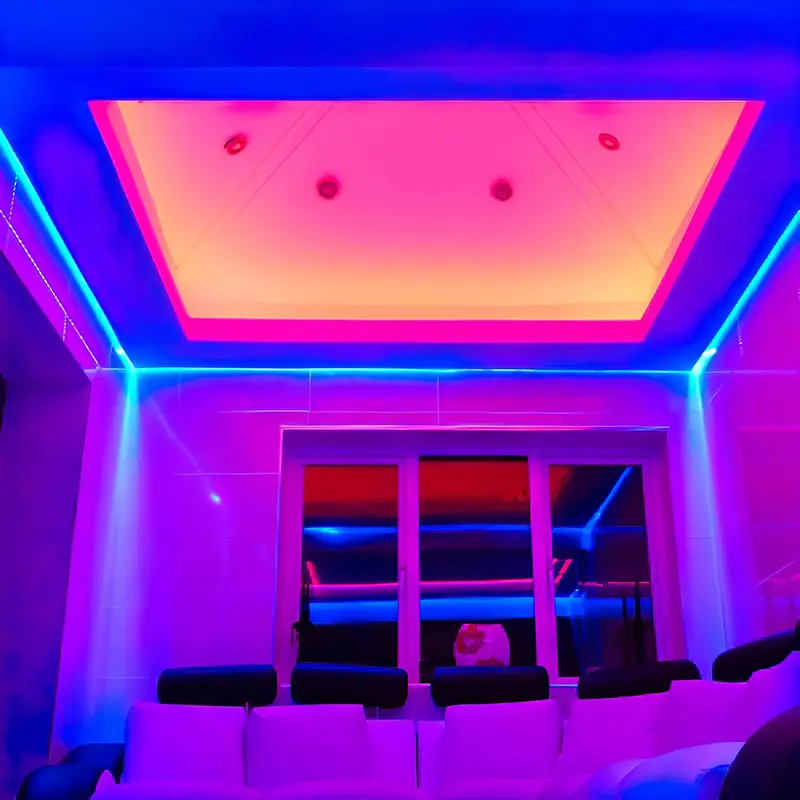
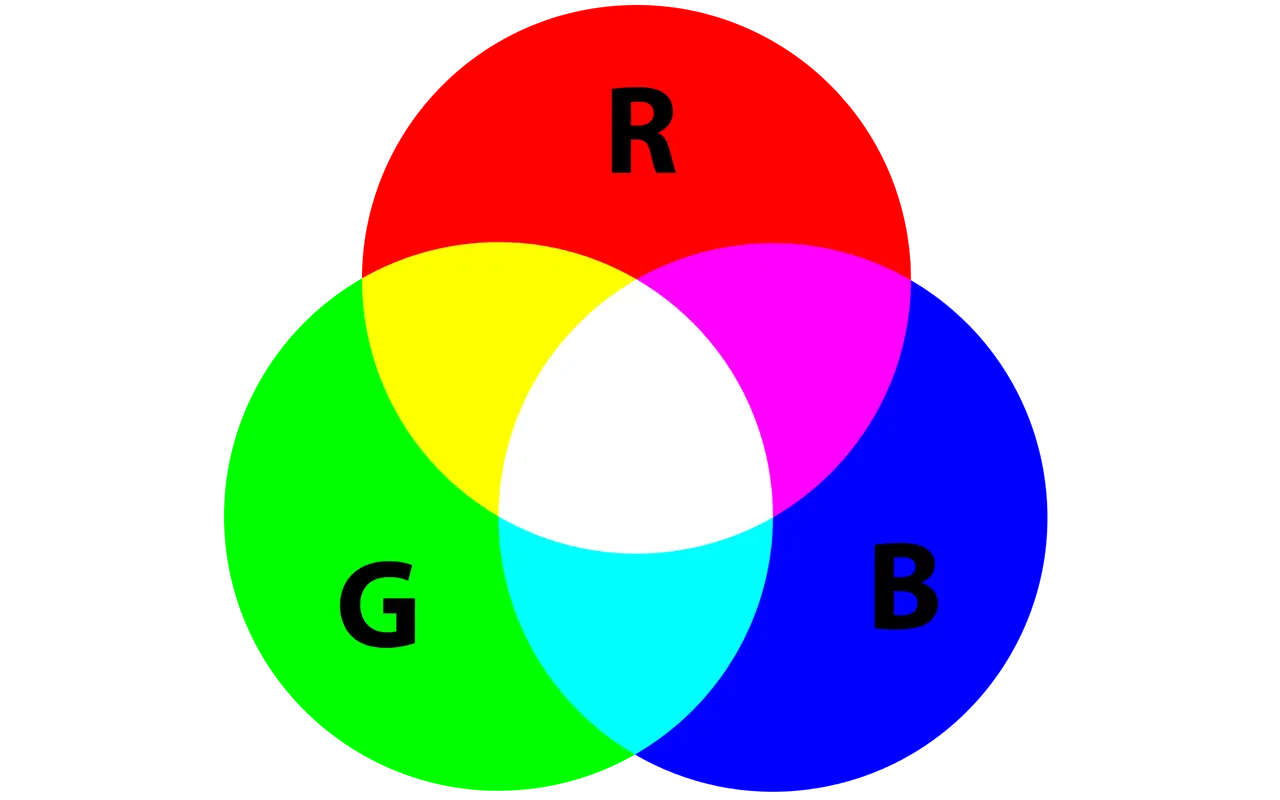
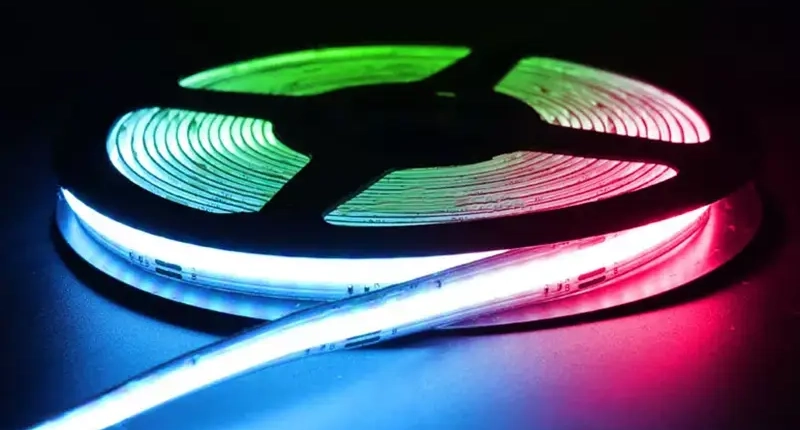
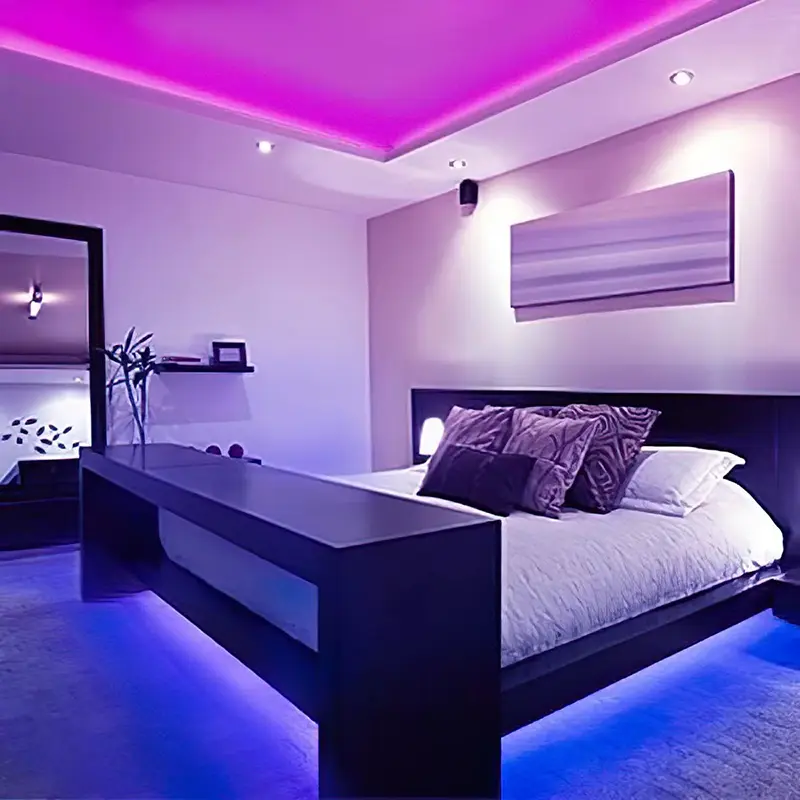
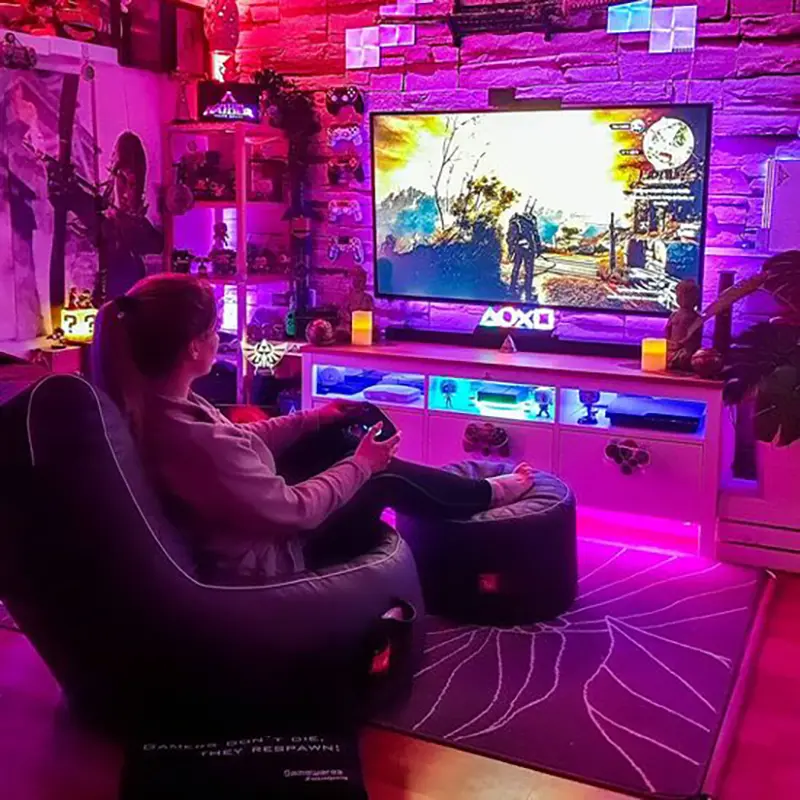
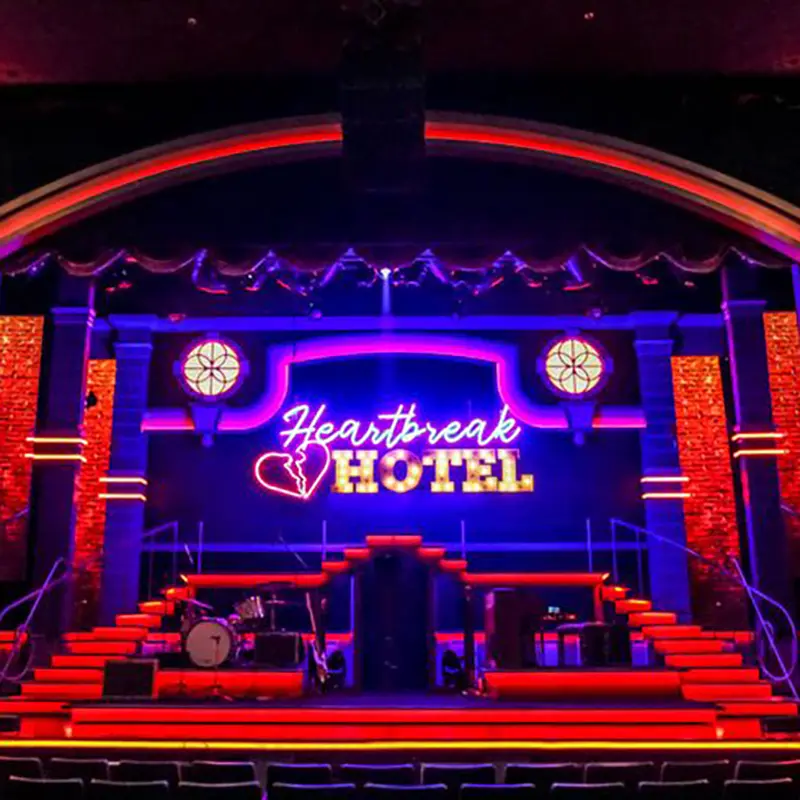

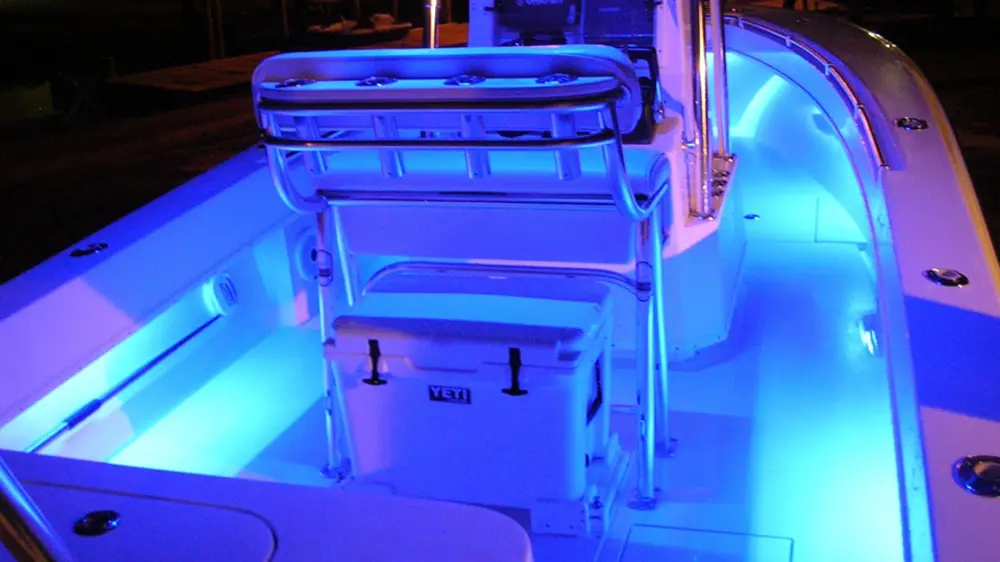
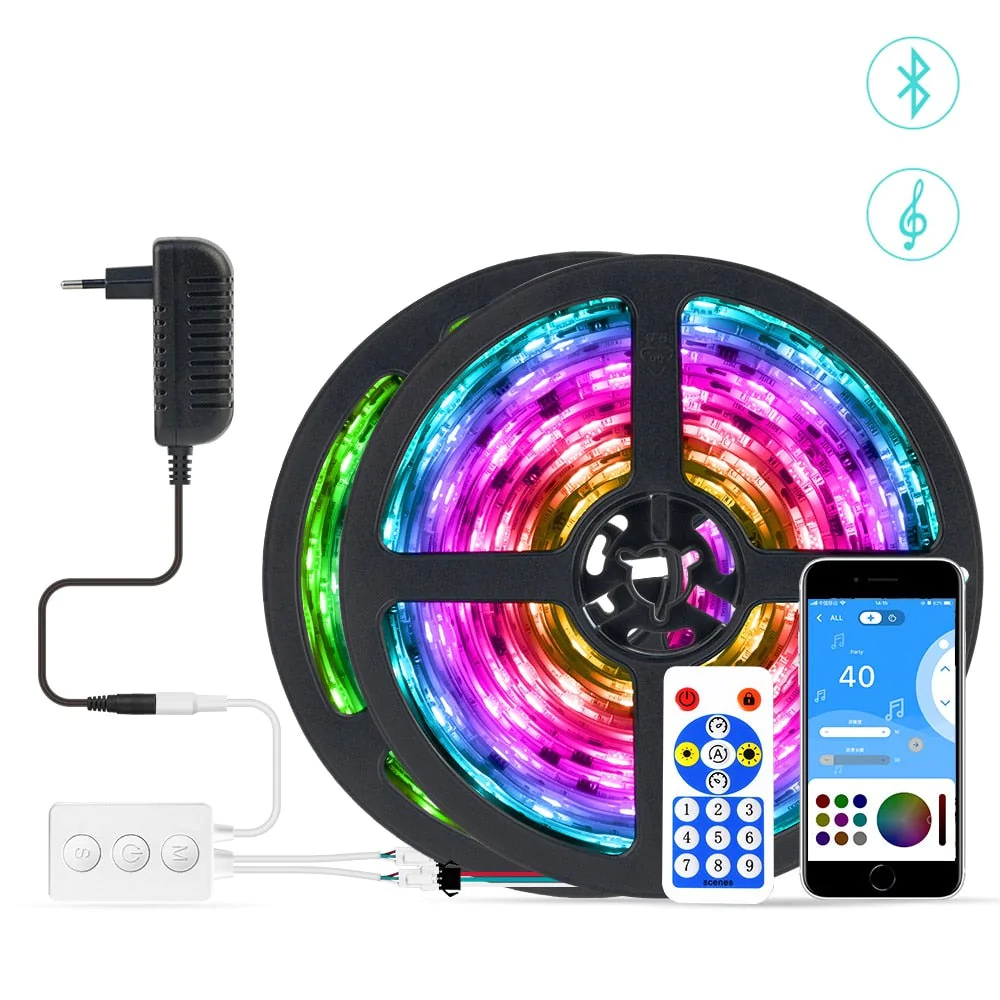
댓글을 남겨주세요
토론에 참여하고 싶으신가요?자유롭게 기여해 주세요!